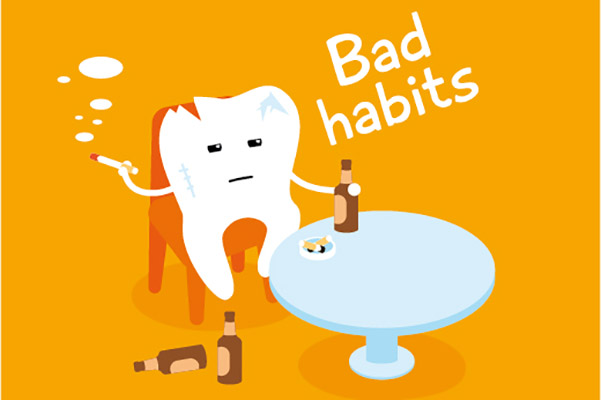 For patients who have been avoiding seeing a general dentist because of fear or apprehension, it may be helpful to know that they are not alone. A 2015 study published in Dental Research Journal found that 58.8% of dental patients surveyed experienced dental anxiety. For patients with severe dental phobia, there are several steps they can take to ensure a better, more relaxed experience at the dentist.
For patients who have been avoiding seeing a general dentist because of fear or apprehension, it may be helpful to know that they are not alone. A 2015 study published in Dental Research Journal found that 58.8% of dental patients surveyed experienced dental anxiety. For patients with severe dental phobia, there are several steps they can take to ensure a better, more relaxed experience at the dentist.
Anxiety-calming techniques
Dental anxiety and phobias can often feel crippling. If a patient is extremely anxious before seeing a general dentist, these techniques may be helpful for getting through an appointment.
Reach out beforehand
For patients with dental anxiety or dental phobia, it is a good idea to reach out to a general dentist before an appointment in order to explain their issues. Anxiety and even phobias around dental work is a familiar phenomenon to many dentists, and most can adjust their treatment plan with a patient's anxiety in mind. A dentist will often take extra care when explaining procedures to highly anxious patients, and they can also take breaks to check in and make sure the patient is not becoming overwhelmed.
Remember to breathe
This suggestion may sound obvious. In many cases, people who are anxious or acutely stressed will hold their breath or only take shallow breaths. When this happens, the brain receives less oxygen, causing even more anxiety. For patients who dread going to the dentist, just reminding themselves to take slow, deep breaths throughout the appointment may be helpful. Doing a few simple breathing exercises immediately before the visit will also help promote relaxation.
Focus on something else
Some dental offices have skylights or colorful ceiling tiles designed to give patients something pleasant to look at. If a patient's general dentist does not have an office like this, it may be wise to ask about listening to relaxing music through earbuds. If music is not an option, choosing something to focus on, such as an interesting-looking item on a countertop, can help take some of the focus off of the dental procedure itself.
Approaches for advanced phobias
Sometimes dental phobia is severe enough that regular anxiety management techniques will not work. For these patients, anti-anxiety medications, talk therapy or a combination of both may be needed. In some cases, either the general dentist or a primary care doctor may be able to prescribe a single dose of anti-anxiety medication. This medication is taken shortly before the dental appointment, and it helps the patient feel calmer without causing sedation.
For very severe dental phobias, talking with a qualified counselor or therapist can be helpful. Mental health professionals can help patients process their fears. Talk therapy may not immediately resolve the issue, but it can lessen the phobia over time.
Check out what others are saying about our dental services on Yelp: General Dentist in Kennewick, WA.
Conclusion
Dental anxiety and phobias can make a routine visit to the general dentist feel like a terrifying situation. However, with anxiety-management techniques and the help of medical professionals, anxious patients can calmly and confidently navigate their next dental appointment.
Request an appointment or call Gledhill Dental at 509-800-8410 for an appointment in our Kennewick office.
Related Posts
Seeing a general dentist for regular checkups should be part of your dental care routine. This dental professional can help maintain and even improve your teeth and gum health. Asking the right questions can help you know more about proper oral care. Below are some of the questions you can ask your general dentist during…
There are many ways that a general dentist can promote gum health. Your gums play an important role in supporting your teeth and providing a barrier against harmful bacteria, so it is critical that they remain healthy and strong. Keeping your gums healthy can also help prevent tooth loss and decrease heart attack risk. The…
A toothache can do more than cause you pain and swelling. A painful tooth means a possible infection that can cause fever, earache, and migraine. If left untreated, a toothache can cause serious complications to your health. Recurring tooth pain should be taken seriously and requires the attention of a dental professional.Dentists treat each case…


